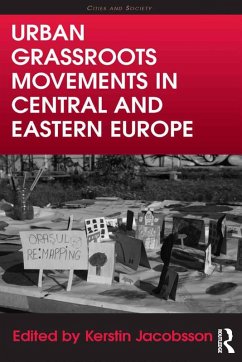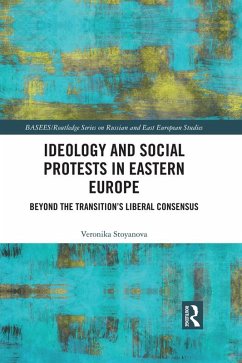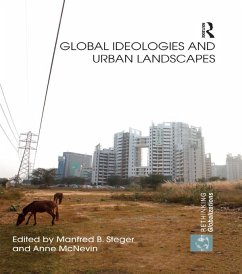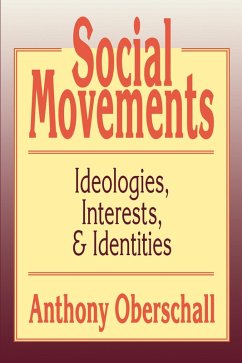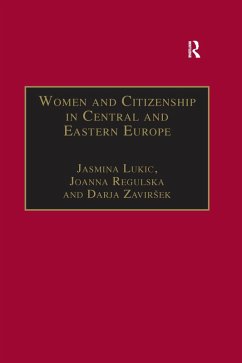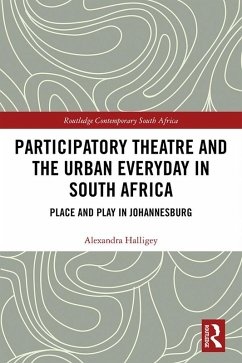
Urban Grassroots Movements in Central and Eastern Europe (eBook, ePUB)
Versandkostenfrei!
Sofort per Download lieferbar
41,95 €
inkl. MwSt.
Weitere Ausgaben:

PAYBACK Punkte
21 °P sammeln!
What can we learn about collective action across Central and Eastern Europe by focusing on activism within urban spaces? This volume argues that the recent resurgence of urban grassroots mobilisation represents a new phase in the development of post-socialist civil societies and that these civil societies have significantly more vitality than is commonly perceived. The case studies here reflect the diversity and complexity of post-socialist urban movements, capturing also the extent to which the laboratory of urban politics is richly illustrative of the complex nexus of state-society-market re...
What can we learn about collective action across Central and Eastern Europe by focusing on activism within urban spaces? This volume argues that the recent resurgence of urban grassroots mobilisation represents a new phase in the development of post-socialist civil societies and that these civil societies have significantly more vitality than is commonly perceived. The case studies here reflect the diversity and complexity of post-socialist urban movements, capturing also the extent to which the laboratory of urban politics is richly illustrative of the complex nexus of state-society-market relations within post-socialism. The grassroots campaigns and actions reflect the new social cleavages and increased polarisation as a consequence of neoliberal urbanisation and global integration, as well as the transformation of state power and authority in the region. Studying urban activism in Central and Eastern Europe is instructive for urban movements scholars generally, as it forces us to acknowledge the variety of forms that contention can take and the usefulness of embedding the study of urban movements within a larger understanding of civil society.
Dieser Download kann aus rechtlichen Gründen nur mit Rechnungsadresse in A, B, BG, CY, CZ, D, DK, EW, E, FIN, F, GR, HR, H, IRL, I, LT, L, LR, M, NL, PL, P, R, S, SLO, SK ausgeliefert werden.




